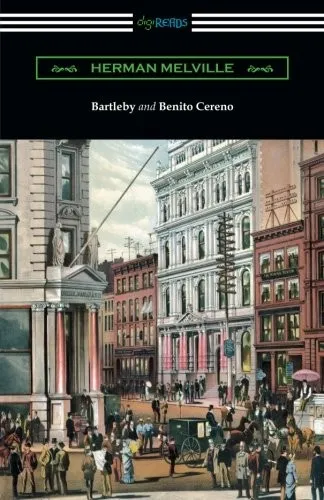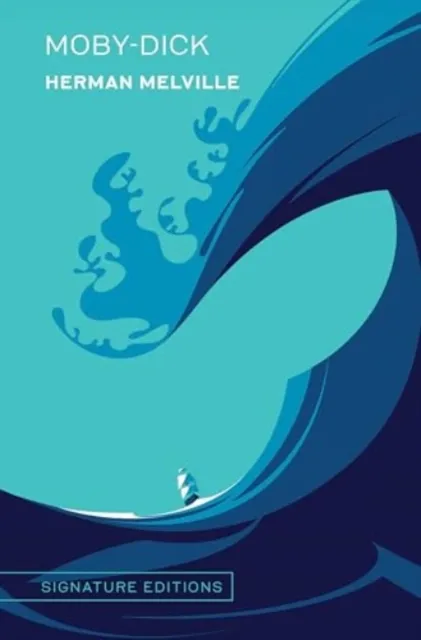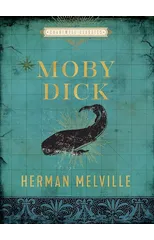In this collection readers will find two of Herman Melville's most renowned shorter works, "Bartleby: The Scrivener," and "Benito Cereno." The first story, "Bartleby," was first serialized in two issues of "Putnam's Magazine" in November and December of 1853. It concerns the office of a Wall Street lawyer who due to an increase in business hires a third scrivener named Bartleby to copy legal documents by hand. At first Bartleby proves to be a very productive worker but one day begins acting rather strangely. When asked to proofread a document he replies "I would prefer not to," an answer he begins repeating perpetually in regards to all the tasks put to him. What follows for Bartleby is a tragic decline into apathy. The second story, "Benito Cereno," first appeared in "Putnam's Monthly" over three installments in 1855. It is the story on Don Benito Cereno, the captain of a Spanish Slavery ship, and the revolt that happens aboard his ship. Together "Bartleby" and "Benito Cereno" are widely regarded as two of Melville's finest compositions. This edition is printed on premium acid-free paper.
Herman Melville
Herman Melville (1819-1891) was an American novelist, poet, and short story writer best known for his novel "Moby-Dick," a complex and symbolic work that explores themes of obsession, fate, and the struggle between good and evil. Melville's writing style is characterized by its rich symbolism, philosophical depth, and exploration of existential themes. His other notable works include "Typee," "Billy Budd," and "Bartleby, the Scrivener." Melville's contributions to literature have had a lasting impact on the development of American literature, particularly in the genre of the novel.





